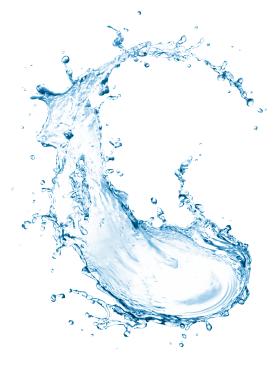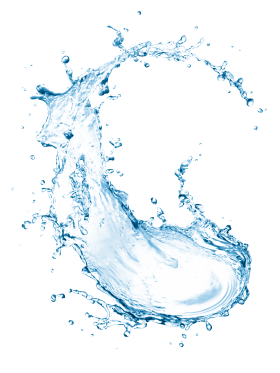"Some things benefit from shocks; they thrive and grow when exposed to volatility, randomness, disorder, stressors and love adventure, risk and uncertainty. Yet, in spite of the ubiquity of the phenomenon, there is no word for the exact opposite of fragile. Let us call it anti-fragile. Anti-fragility is beyond resilience or robustness. The resilient resists shocks and stays the same; the anti-fragile gets better.”
This is an excerpt from Antifragile: Things That Gain From Disorder, a book by Nassim Nicholas Taleb; a recent read from our weekly learning sessions at work, where we explore different books and learning material as we pick each other’s brains; a practice I have come to appreciate dearly.
When reading new content, I always challenge myself to think about how best the information can be applied and where. The first mental model we explored was Antifragility. From this, I analysed the concept from my personal understanding, varied thoughts from our group discussion and other readings from the author. I further perused other mental models and unrelated readings: an approach that allows me a broader scope of perspective and understanding of the author and reader bias, if any.

Today, I share how Antifragility can be harnessed in our day to day lives.
From our past experiences, even before the Covid-19 pandemic, we realize that life has always been uncertain, and to survive, we have had to be fluid; learning and improving in a way we don’t break or be so robust that we remain in one form all together; not changing-not moving.
“It must be obvious…that there is a contradiction in wanting to be perfectly secure in a universe whose very nature is momentariness and fluidity.”
-Shunryu Suzuki
The fluidity, flexibility and improving constantly despite chaos and confusion describe Antifragility. Imagine that! Not only gaining from chaos but also thriving from whatever the uncertain scenario; a pandemic, global financial crisis or sickness, you emerge better than before.
Taleb opines that optimization does more harm than good. He mentions how our need to diminish any stress and over emphasize pleasure causes more harm to our survival and thriving. This is especially important in the current times.
“Crucially, if antifragility is the property of all those natural (and complex) systems that have survived, depriving these systems of volatility, randomness, and stressors will harm them. They will weaken, die, or blow up. We have been fragilizing the economy, our health, political life, education, almost everything … by suppressing randomness and volatility. … stressors. Much of our modern, structured, world has been harming us …”
Antifragile: Things That Gain from Disorder (2012)
Nassim Nicholas Taleb
I agree. We can keep things as they are but where is our inner sense of captaincy?

I think self-reliance, self-responsibility and self-accountability will help you as a parent, a teacher, as a citizen, as a friend.
-Henry Rollins-
If you like Poems, you may be familiar with Crossing the unknown sea by David Whyte which suggests that we view our work, whichever that is, as a lifelong sea voyage in which the treasure is in the voyage and not the destination.
A good example of this mindset is seen in the anime (adapted from a manga series by Eiichiro Oda) One piece, which has aired more than 950 episodes from October 20, 1999 till date. The anime is about Monkey D. Luffy, a boy whose body gained the properties of rubber after unintentionally eating a Devil Fruit. With his crew of pirates, named the Straw Hat Pirates, Luffy explores the Grand Line in search of the world’s ultimate treasure known as ‘One Piece’ in order to become the next King of the Pirates.

Straw Hat Pirates, One piece (1999).
We are yet to know whether they get to ‘One piece’ in the anime but throughout, we discover their adventures on the voyage and the flexibility to thrive in the different situations they encounter. This inner sense of captaincy allows you to take initiative in ensuring you’re able to concentrate on your boat.
In sea as well as land, it seems the only constant is indeed change. Change allows us to use time more meaningfully. This is because there isn’t always time to solve problems after they happen and so one needs to learn to preempt them or risk a rough voyage or the ending of it.
This system of antifragility and sense of captaincy has allowed me to see a perspective of my environment I haven’t come across before. I have learnt a lot and will learn more throughout my life. My passion is learning, thinking about diverse issues and practicing new things to thrive. In this setting and that of my work at Impact Africa Network, there is constant learning, unlearning and relearning. In my voyage, these two systems will remain to be kept and improved over time, and not cast aside.
So then, that is the shape of water. What is my shape?

